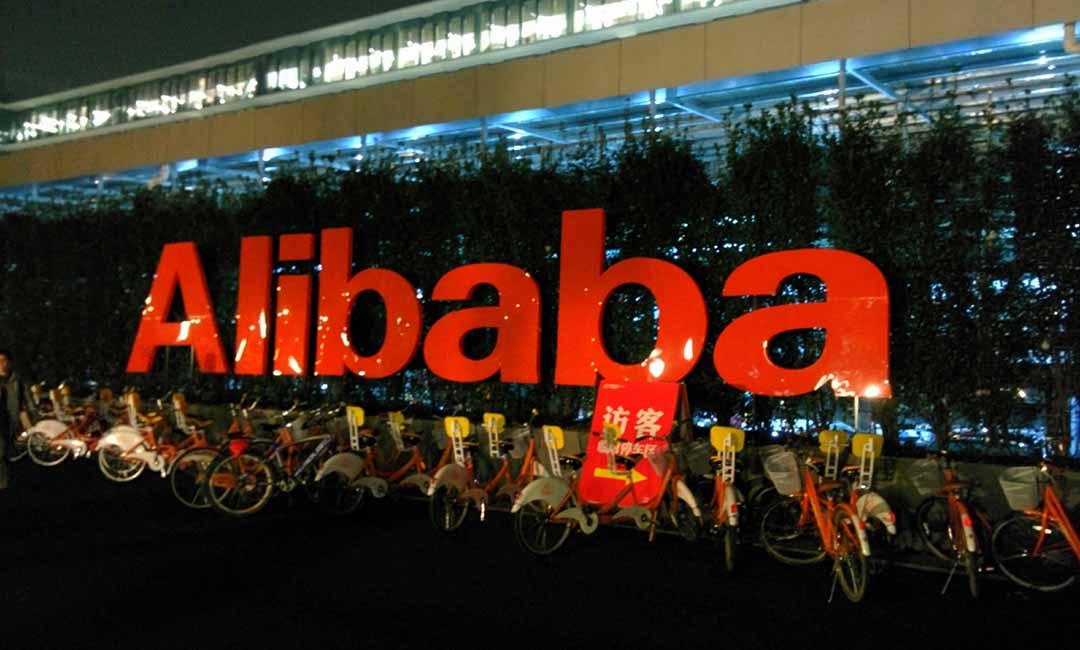E-commerce titan Alibaba (NYSE: BABA) has stopped showing employees’ job levels in its internal communication system, including Dingtalk and email, as the giant with more than 120,000 employees tries to operate less bureaucratically and encourage equality in the workplace, local tech media 36Kr reported on Tuesday. Alibaba ranks employees based on two sequences—P (profession) and M (management).
Most employees, including technicians and product managers, fall into the P series while the M series designates a manager. Within this dichotomy, a higher number means a higher position in the company. For example, a vice president is P10 and a president is P12.
“You can’t judge one person’s position directly after canceling the display of job level, which could make our communication less bureaucratic and more efficient,” said an anonymous Alibaba insider, who is a P6 algorithm engineer. “Therefore, a lower-ranked employee would have more voice and a higher-ranked leader would have less dominance, hopefully,” he said.
Alibaba’s chief marketing officer Wang Shuai later responded to the news via a WeChat post, saying that “Alibaba never manages staff on the basis of ranks. We always have to face the diversity of management in the future.”
In recent months, Alibaba rolled out a slew of measures to reduce employees’ burden and invigorate the massive organization. For instance, it doesn’t require employees to submit weekly report anymore, which was considered a method of evaluating one’s performance and keeping supervisors updated with one’s progress. However, the reports turned out to be a formality and unnecessary for frontline employees since leaders barely read through the report and would evaluate one’s work by the length of the report.
The Alibaba employee told KrASIA that the internal transfer system also has fewer limits. Previously, employees who were among the last 10% in key performance indicators (KPI) wouldn’t have the chance to join the internal transfer program. Now, they have a second chance to transfer to another team or project to prove their ability.
These measures come at a time when Alibaba’s work culture stirred controversy. It boasted a “996” working schedule—working from 9 a.m. to 9 p.m. six days per week—which is also adopted by many Chinese tech companies, and has caused widespread discontent. Besides, scandals involving Alibaba’s senior executivesand high-ranked employees hit the company’s image on social media.
